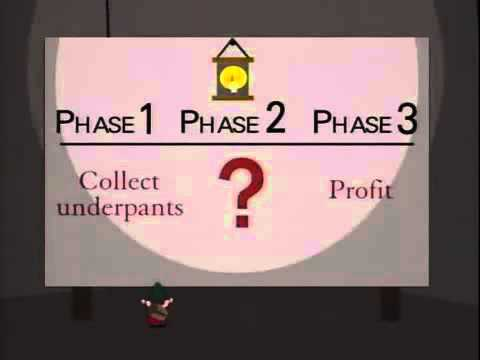The law is clear that executive privilege does not extend to discussions relating to non-governmental business or among private citizens.126 In In re Sealed Case (Espy), 121 F.3d 729, 752 (D.C. Cir. 1997), the court explained that the presidential communications privilege covers ‘‘communications authored or solicited and received by those members of an immediate White House adviser’s staff who have broad and significant responsibility for investigating and formulating the advice to be given the President on the particular matter to which the communications relate.’’ The court stressed that the privilege only applies to communications intended to advise the President ‘‘on official government matters.’’
In United States v. Nixon, 418 U.S. 683, 703–16 (1974), the Supreme Court recognized an implied constitutional privilege protecting presidential communications. The Court held though that
the privilege is qualified, not absolute, and that it is limited to communications made ‘‘in performance of [a President’s] responsibilities of his office and made in the process of shaping policies and making decisions.’’
‘‘[I]t is the new President [not his predecessor] who has the information and attendant duty of executing the laws in the light of current facts and circumstances,’’ and ‘‘the primary, if not the exclusive’’ duty of deciding when the need of maintaining confidentiality in communications ‘‘outweighs whatever public interest or need may reside in disclosure.’’ Dellums v. Powell, 561 F.2d 242, 247 (D.C. Cir. 1977).
In United States v. Reynolds, 345 U.S. 1, 7–8 (1953), the Supreme Court held that executive privilege: [B]elongs to the Government and must be asserted by it; it can neither be claimed nor waived by a private party. It is not to be lightly invoked. There must be a formal claim of privilege, lodged by the head of the department which has control over the matter, after actual personal consideration by that officer.
Committee on the Judiciary v. McGahn, 415 F. Supp.3d 148, 214 (D.D.C. 2019) (and subsequent history) (‘‘To make the point as plain as possible, it is clear to this Court for the reasons explained above that, with respect to senior-level presidential aides, absolute immunity from compelled congressional process simply does not exist.’’); Committee on the Judiciary v. Miers, 558 F. Supp.2d 53, 101 (D.D.C. 2008) (holding that White House counsel may not refuse to testify based on direction from the President that testimony will implicate executive privilege).
In Nixon v. GSA, the Supreme Court again considered issues related to executive privilege and balanced the important interests served by the Presidential Records Act against the intrusion into presidential confidentiality caused by compliance with the Act.133 Thus, a valid claim of executive privilege presumes that the information sought to discovered is confidential and that the need to maintain that confidentiality outweighs the interests promoted by disclosure.

